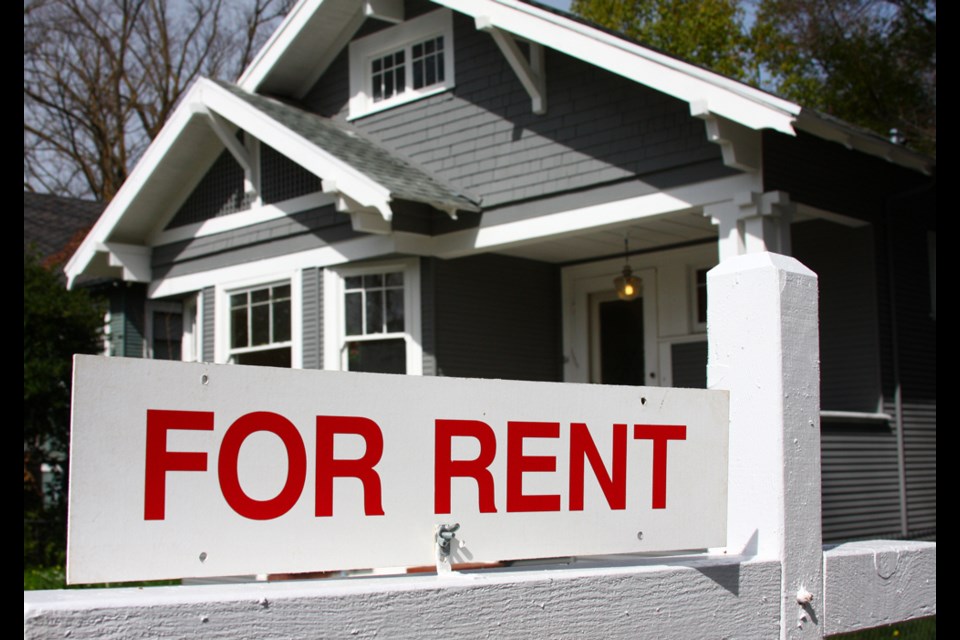Positive, honest, open communication is key to any successful relationship. It’s also paramount to maintaining that relationship over time - be it with a spouse, friend, or even a tenant.
Yes, there is such a thing as a landlord-tenant relationship. And for a landlord, it’s in their best interest to keep that rapport entirely amicable long after the initial honeymoon phase.
“The best way to establish that communication is right at the beginning of the relationship,” says Hunter Boucher, director of operations for the industry association LandlordBC.
“Quite often, we find at the beginning of a tenancy that things are going well,” Boucher says. “Everyone is happy. You’ve got the place rented, and you know there will be income coming in—often to help cover that mortgage. That’s when a lot of things can be missed, like communicating what your expectations are for that tenancy.”
Often, this comes down to a lack of education on what is required from both parties legally, beyond the primary rental transaction. The biggest mistake a landlord can make is not being informed about their legal obligations and those of the tenant.
Boucher says that’s understandable because, on the surface, it all seems straightforward. You have a place to rent to someone, and you understand the basics of it.
“It’s about understanding some of the nuances. Those nuances can be quite significant in terms of how you operate, and how successful you can be and how sustainable,” Boucher stresses.

LandlordBC helps prepare landlords and property managers for navigating the provincial legislative acts governing the rental market through its education programs.
As Boucher explains it, the real hurdle to becoming a landlord is purchasing the property. With that done, it’s easy to get started with no experience. And that’s when things can go wrong.
“It really comes down to having a core knowledge of what we call Landlord 101, which is meant to root people in that understanding that it is a business, and it is a business that is legislated and regulated,” Boucher explains.
This spring, the association is offering the Landlord 102 course, which delves deeper from the introductory course and will be presented through a free, daylong, online education event on April 8.
“It’s going to start with understanding those rights and responsibilities that people have and communicating them from the beginning. We’re going to go through the full life cycle of a tenancy from beginning to end and look at some of the scenarios that can arise during them,” Boucher says.
Most tenancies, Boucher emphasizes, will be positive if landlords put the work into it upfront and maintain it so when it does come to an end, it comes in a way that works well for everyone involved. Long-term tenancies are beneficial for both the landlord and the renter, but the reality is that people do move on for various reasons. The end game is to avoid ending a tenancy acrimoniously, something that isn’t good for anyone.
“It’s a potentially costly and confrontational process. It’s stressful for everyone involved,” Boucher says.
The course will address difficult situations where communication breaks down and may not be restored and inform people what tools there are to resolve those issues. Boucher says people often make mistakes or rasher decisions when they aren’t aware of all the options. There might be easier ways, or there might be mutually advantageous ways to resolve the situation, he advises.



